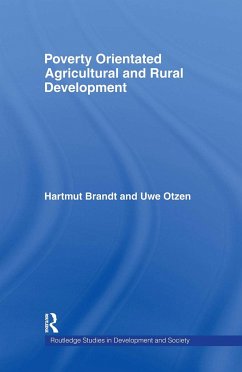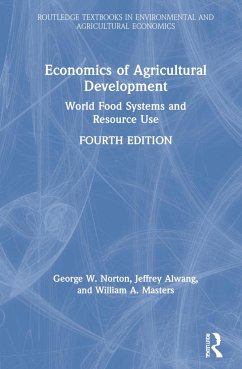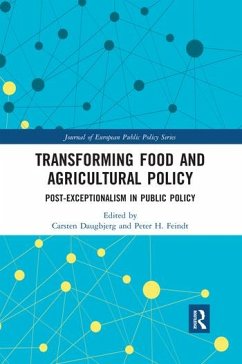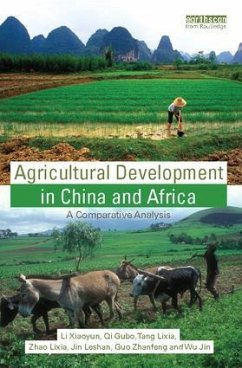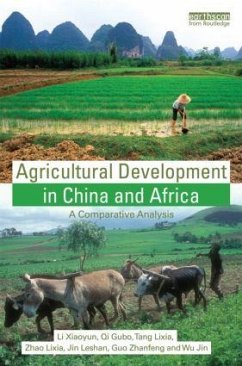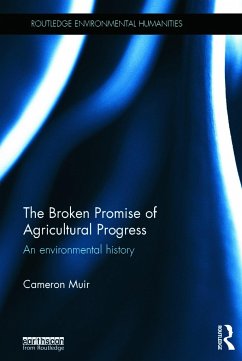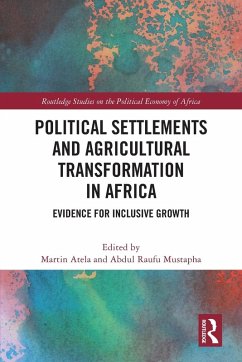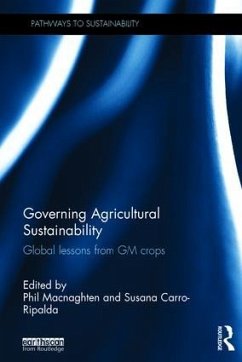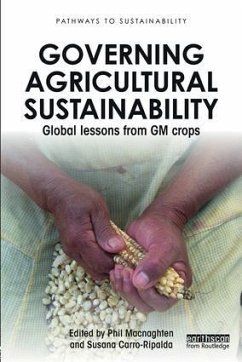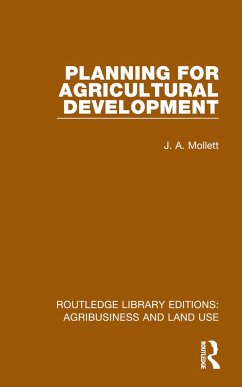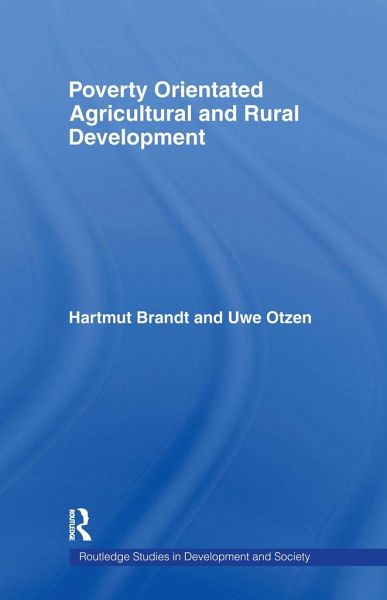
Poverty Orientated Agricultural and Rural Development
Versandkostenfrei!
Versandfertig in 1-2 Wochen
56,99 €
inkl. MwSt.
Weitere Ausgaben:

PAYBACK Punkte
28 °P sammeln!
Over the last twenty years the proportion of development cooperation resources earmarked for agricultural development has dwindled to between six and seven per cent of total bi- and multilateral Official Development Assistance. This is despite the fact that eighty per cent of the world's poor live in rural agricultural areas and that the poor are disproportionately affected when political, military and natural events lead to regional or global food shortages. Brandt and Otzen's key book fills a gap in current literature, undertaking a wide-ranging conceptual reorientation of development cooper...
Over the last twenty years the proportion of development cooperation resources earmarked for agricultural development has dwindled to between six and seven per cent of total bi- and multilateral Official Development Assistance. This is despite the fact that eighty per cent of the world's poor live in rural agricultural areas and that the poor are disproportionately affected when political, military and natural events lead to regional or global food shortages. Brandt and Otzen's key book fills a gap in current literature, undertaking a wide-ranging conceptual reorientation of development cooperation, criticizing the current orthodoxy and its bias towards urban areas, and arguing that in order to effectively alleviate poverty across the world, agricultural and rural development measures need to be implemented both by central and subnational governments, aid agencies and the private sector. The authors investigate the world food question, the current pressures it is under and its link to rural poverty, and set out the policies that need to be undertaken to reduce global poverty.





